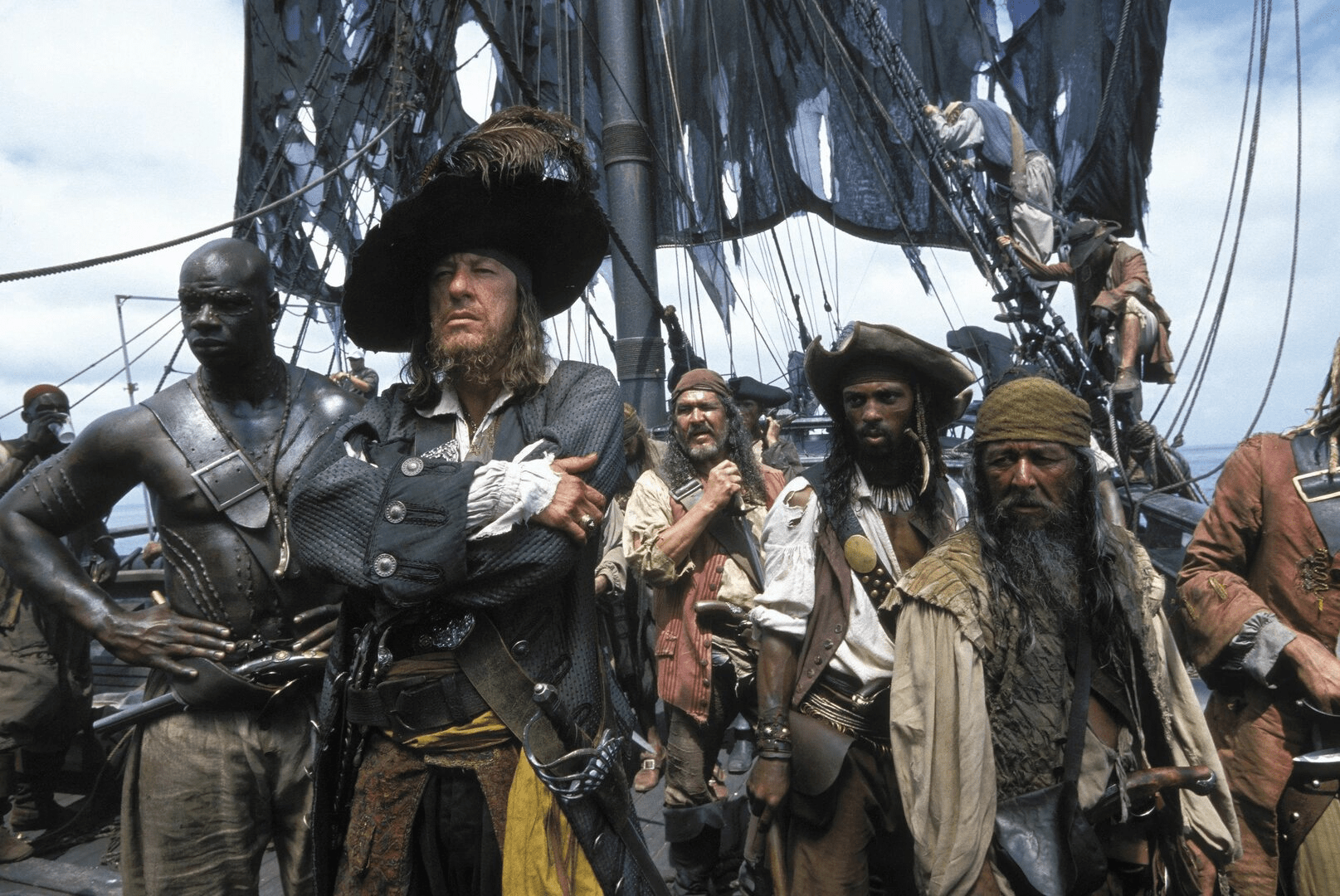Only a few days, or maybe even hours, remain until the U.S. strikes Venezuela. This is the opinion of military experts assessing the composition of U.S. forces sent to the Caribbean Sea. The latest actions of the U.S. administration, which analysts interpret as the "third warning" for Venezuela, bolster the accuracy of this prediction.
The domestic political agenda, or rather the lack of achievements in the economy and the fight against migration, dictates to Trump the need for a small and necessarily victorious war. Among all possible options, it seems that the White House believes that oil-rich Venezuela, which has no nuclear weapons, is the most suitable for this.
At the same time, Washington wants to show everyone, especially, of course, China, which has significant economic interests in Venezuela, who is the boss in the Latin American house.
In the situation with Venezuela, the subjective factor likely plays an important role, or rather, Trump's psychological peculiarities. His previous similar decisions have sometimes been dictated by emotions rather than rationalism and logic. The phrase from a song by Vysotsky fits best here: 'if I've decided something, I will definitely drink.' It is clear that Trump decided long ago to deal with Maduro, and it's unlikely that anyone can dissuade him from such a decision.
Regarding Trump's recent statements on possible negotiations with Maduro, military experts view them with a great deal of skepticism, reminding that just hours before the U.S. strike on Iran's nuclear facilities, Washington was declaring 'wonderful' negotiations with Tehran that were about to conclude successfully. But they ultimately ended in bombing.
At the same time, the U.S. State Department announced that starting from November 24, the Venezuelan Cartel de los Soles, which is linked in the U.S. to Maduro and the upper echelons of the Venezuelan army, will be designated as a foreign terrorist organization. 'Neither Maduro nor his henchmen represent the legitimate government of Venezuela. The cartel, together with other foreign terrorist organizations... is responsible for terrorist acts throughout our hemisphere, as well as for the illegal drug trade in the U.S. and Europe,' the State Department's statement said.

